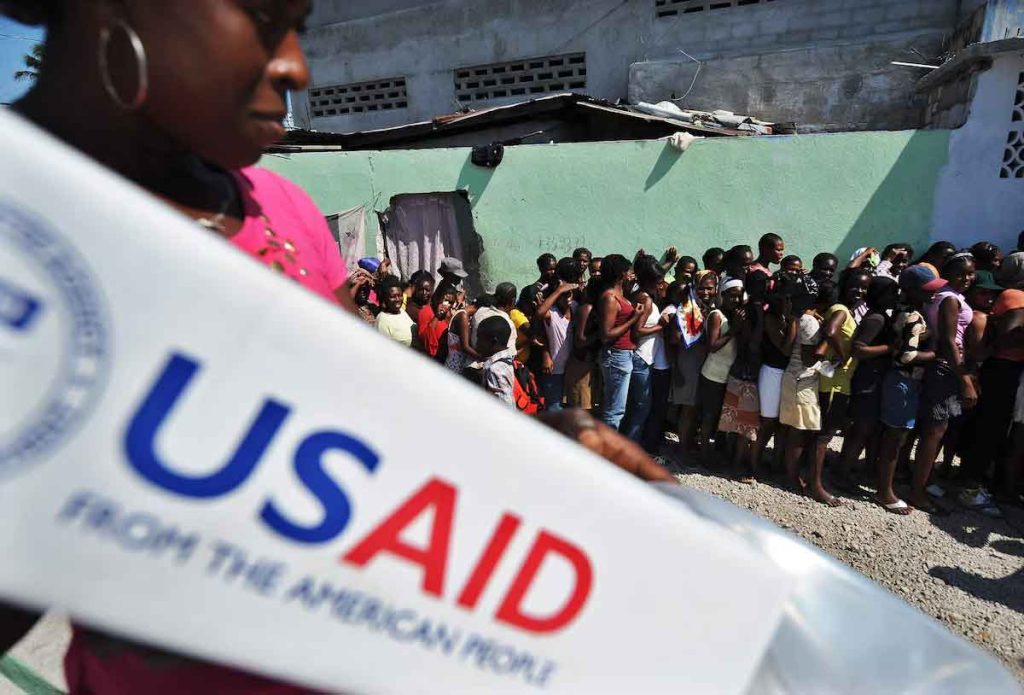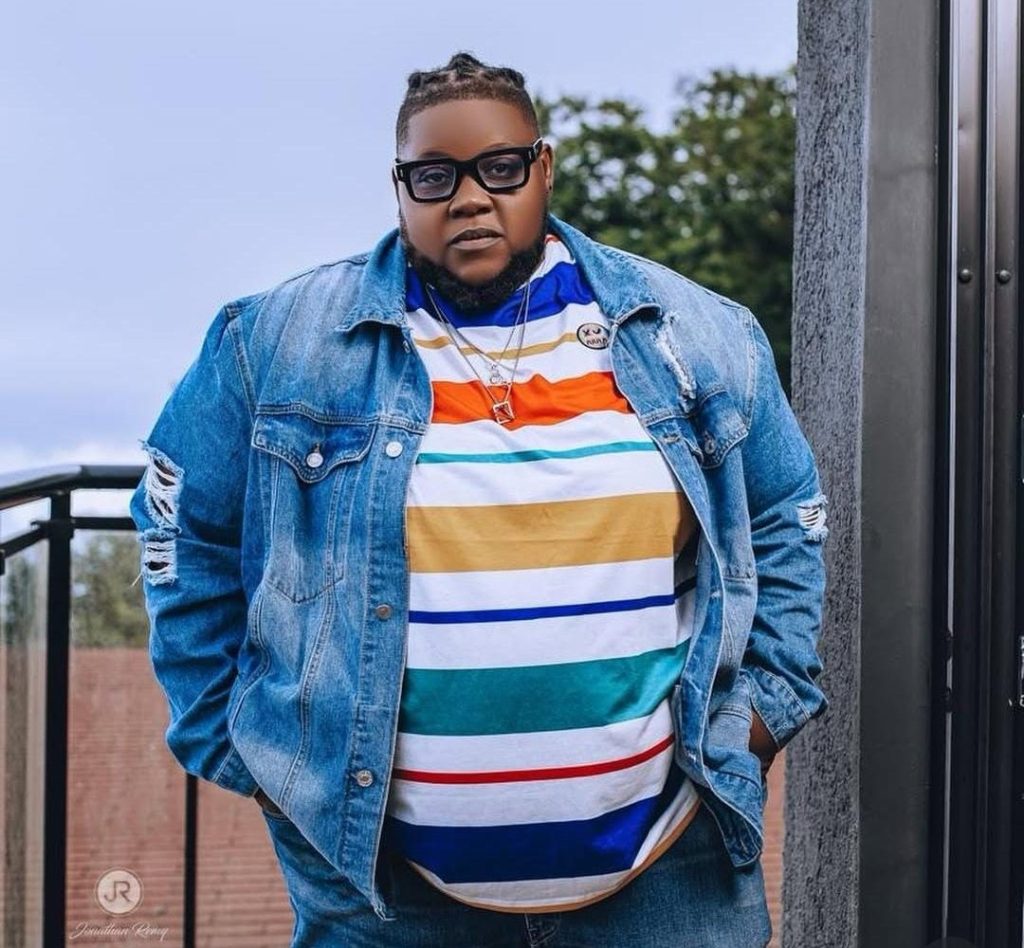Increasingly desperate, Haiti and its LGBTQ+ citizens face U.S. aid cuts
Moïse Manoël-Florisse, is an African-Caribbean online journalist keeping an eye…
Trump’s cuts feel ‘more profound, more brutal and a purely ideological decision’

In Haiti, the poorest country in the Western Hemisphere, President Trump’s freeze on foreign aid hits especially hard.
Below, the leader of a Haitian trans advocacy group tell how the aid cut has affected both LGBTQ+ Haitians and the general public, while the Washington Post reports “In Haiti, Trump’s assault on foreign aid is ‘a gift to the gangs’ “.
The Washington Post article cites many results of the funding cuts:
- The closure of a child and maternal health clinic in the northern city of Cap-Haïtien and layoffs of its 32 employees, all Haitian.
- Clinics for victims of rape by the gangs have let staff go.
- At the height of the planting season, seeds have been locked up.
- With half the country suffering acute food insecurity, malnutrition prevention programs are paused.
- The heavily armed, well-connected gangs control up to 85 percent of Port-au-Prince, the capital, and block aid deliveries. About $13 million for a poorly funded, U.N.-backed, Kenya-led police mission to counter them has been in limbo.
That’s the environment where Dominique Rebel Saint-Vil works on behalf of transgender people in Port-au-Prince. He is the leader of the Organisation Trans d’Haïti (OTRAH), a local non-governmental organization.
For Erasing 76 Crimes, he shares his impressions and concerns about Trump’s recent suspension of international aid funds at a time when Haiti’s political and social situation remains dangerous and unstable and Haitians have limited access to health care.

An unexpected blow
Dominique Rebel Saint-Vil: We were used to Donald Trump’s first term in office, … [when] USAID continued to pursue its missions alongside its regional and national partners in Haiti.
This time, however, it feels more profound, more brutal and a purely ideological decision that ignores the humanitarian crises [so near] the United States, since Haiti is less than an hour’s flight from Miami.
On the ground, many people will find themselves out of work, as the organizations responsible for redistributing funds and financing have already been unofficially instructed to stop working with associations concerned with transgender populations. But, as they say, “Whoever finances, governs”.
Looking for alternatives
Moïse Manoël-Florisse: “What are your coping strategies?”
Dominique Rebel Saint-Vil: “For the moment, American aid has been suspended for three months, so we’re waiting to see what happens next, bearing in mind that some activities have already resumed, such as the delivery of medication to pregnant women living with HIV. However, there are no new HIV screenings. It’s a clear step backwards from the public health progress we thought we’d made over the last twenty years.
In a country like Haiti, where governance has been flawed for decades, the public authorities are unable to take over the purchase of generic anti-retrovirals from international donors, leaving us completely helpless. There are fears of a resurgence of the HIV/AIDS epidemic, just when we were envisaging the end of AIDS by 2030, in line with the sustainable development goals of the United Nations and UNAIDS.
Today, for an organization like OTRAH, it would be heartbreaking to have to advocate against HIV without advocating for the rights of marginalized groups. We turn to other partners who don’t make these kinds of demands.
Becoming independent of aid from Global North countries
Moïse Manoël-Florisse: Doesn’t this drying-up of funding illustrate the dependency relationships that have taken precedence over transgender communities’ quest for autonomy?
For example, when I was on the board of directors of a Quebec non-profit organization in 2020, I insisted on access to micro-credit for LGBT communities in the Caribbean, and particularly in Haiti, as a lever for empowerment and escape from poverty.
Dominique Rebel Saint-Vil: “The ongoing dismantling of USAID,shows above all the extremely discretionary nature of the allocation of resources for humanitarian aid, notwithstanding the tragedies taking place in countries in the immediate vicinity of the United States. In my view, this is irresponsible.
As far as access to micro-credit is concerned, in a country plagued by armed gangs like Haiti, it’s difficult to envisage setting up a business in the medium term, as the instability is far too great.
However, a huge vacuum is being created, and more than ever, associations helping transgender people in Haiti are on the alert.
You can help OTRAH by making a donation here.




Report: LGBTIQ people are particularly vulnerable to U.S. aid cuts